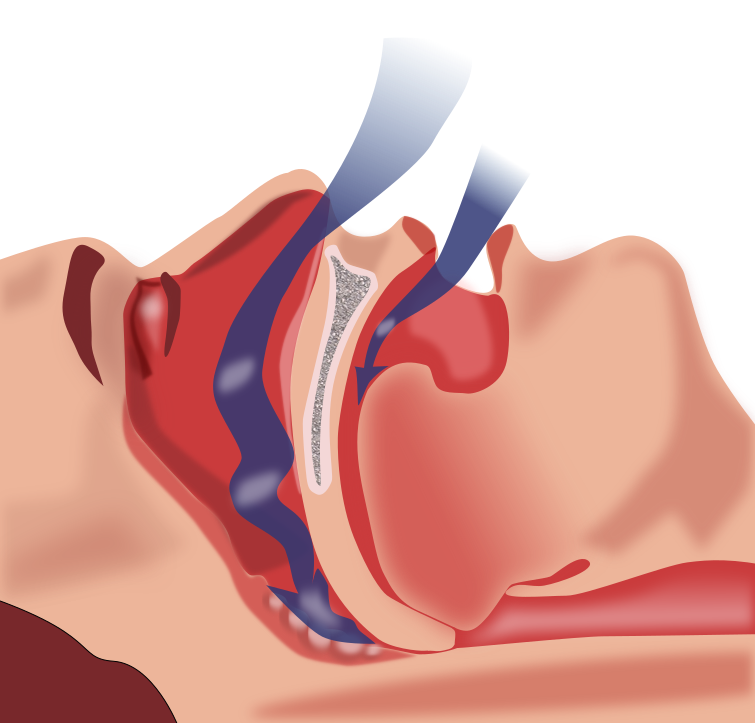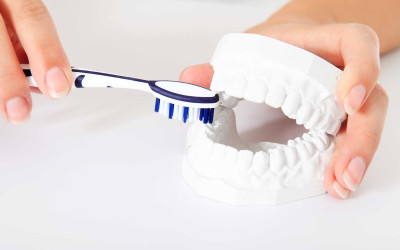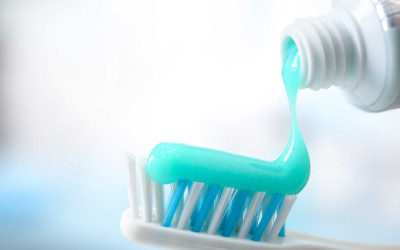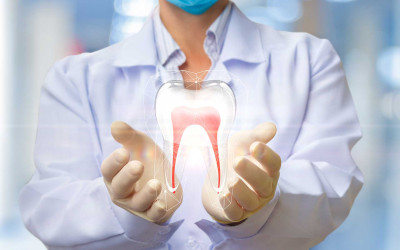Treatment Of Snoring And Sleep Apnea

Treatment Of Snoring And Sleep Apnea
- 26 June 2022
- 1993 views
Snoring and sleep apnea treatment is an application that provides a fast and effective solution with snoring prostheses that increase the person's quality of life.
This content is for informational purposes only and does not replace medical advice, diagnosis, or treatment. Please consult a healthcare professional for any health concerns.
Table of Contents
While breathing during sleep, the sound produced by the vibration of the soft tissues in the uvula, palate, throat and surrounding areas is called snoring. The pause in breathing while snoring occurs is called sleep apnea. These interrelated problems can be solved with snoring and sleep apnea treatment.
What is Snoring and Sleep Apnea?
Snoring is the sound of breathing caused by the obstruction or narrowing of the airway during sleep. Generally, in overweight adults, the airway can be narrowed and closed due to the enlargement of the neck area and the loss of tissue tension in this area. Due to the vibrations experienced due to these, the noisy sound we call snoring occurs.
On the other hand, sleep apnea is a short-term cessation of breathing by obstructing the airway during sleep. A significant number of patients with sleep apnea also complain of snoring.
Sleep Apnea Symptoms
Not every breathing problem experienced during sleep can be considered as sleep apnea. The symptoms required for this diagnosis are:
- Continuous snoring during sleep,
- Feeling of dryness in the mouth after waking up,
- Feeling tired during the day due to poor quality sleep at night,
- Waking up with a headache,
- Depressed mood.
If you observe one or more of these symptoms, you may have a sleep apnea problem. To get rid of this potentially dangerous problem, you should consult a specialist physician and be treated for snoring and sleep apnea.
Causes of Snoring and Sleep Apnea
Snoring and sleep apnea complaints are generally more common in people below:
- People who are above the ideal body mass index,
- People with high alcohol and cigarette consumption,
- People experiencing stress in the working environment,
- People who use sedatives or muscle relaxants,
- People with a genetic predisposition.
Snoring and Sleep Apnea Treatment
Today, there are three modern medical treatments for snoring and sleep apnea: Surgical operations performed by ENT specialists, CPAP masks, and snoring prostheses. Among these applications, surgical ones may not be applied to every patient, and there is a possibility that they will lose their effect after a while. The CPAP mask is an effective but challenging device to use. It is mandatory to lie on your back while using the device, it makes noise and causes nasal dryness.
Snoring Prosthesis
Snoring without apnea or mildly severe apnea, where surgical interventions are not required, and the use of a CPAP mask is not needed, a guaranteed treatment can be applied by means of oral prostheses.
Personal prostheses are prepared by taking the intraoral measurements of the patient. Prostheses produced in the laboratory change the closing shape of the lower jaw, allowing the patient's tissues to stretch during sleep that has lost their former density and prevent the closure of the respiratory tract and snoring.
Advantages of Snoring Prosthesis
The advantages of snoring prostheses used in the treatment of snoring and sleep apnea are as follows:
- It is easy to use and does not cause any discomfort to the patient during use.
- The patients can carry it with them wherever they want. It is practical and compact.
- As soon as it is used, complaints begin to decrease.
- It is more economical than other snoring treatments.
- The fact that it does not require a surgical intervention provides excellent convenience.
Why Is It Important to Treat Snoring and Sleep Apnea?
Snoring and sleep apnea treatment is an application that increases a person's quality of life. Complaints such as fatigue and headaches experienced during the day will end, and waking up more energetic will positively affect the person. The most significant harm of sleep apnea syndrome is that it decreases the amount of oxygen in the blood and increases the amount of carbon dioxide. If left untreated, long-term respiratory arrest due to apnea during sleep can lead to disruption of heart rhythm, heart attack and sudden death during sleep due to cardiac arrest.







